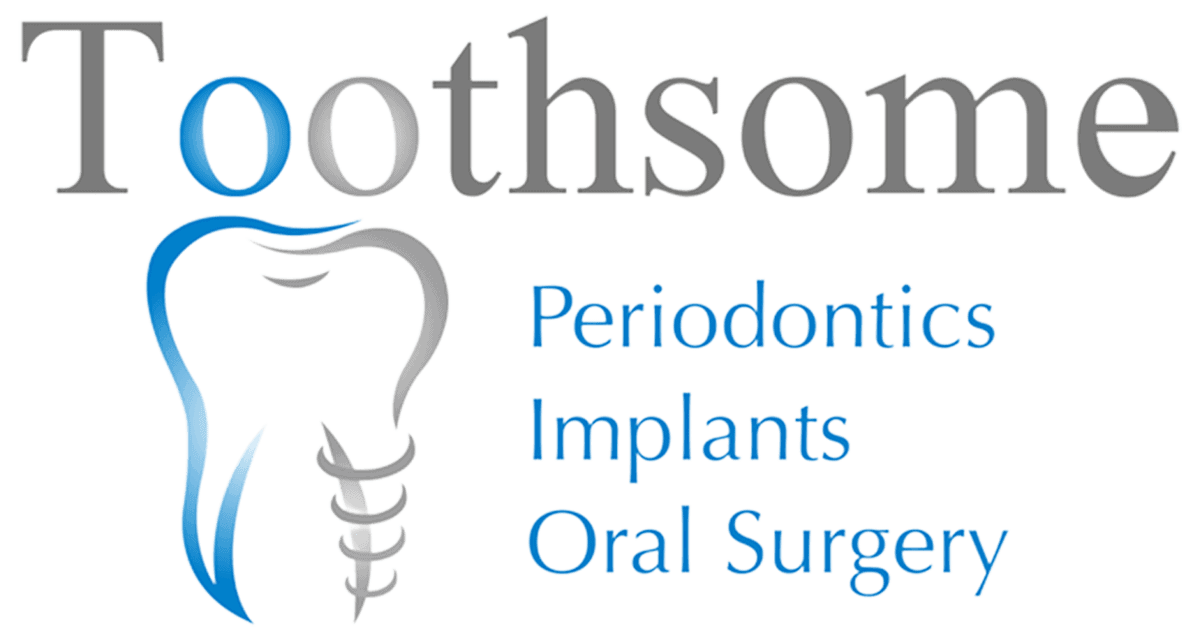
Dental implants are the most natural-looking and durable options for replacing missing teeth. While this tooth replacement option offers many benefits, the lengthy process and healing time can make some individuals hesitant about undergoing the procedure. So how long do dental implants take to heal? And how does healing time impact the overall length of the process?
How Long Does the Dental Implant Procedure Take?
The dental implant procedure requires four steps, spanning usually over three dental visits. These are the initial consultation and planning appointment, the dental implant surgery, and the implant restoration appointment.
Your dentist will thoroughly examine your oral health and discuss treatment options for replacing your missing teeth at your consultation and planning appointment. If you and the dental team decide to move forward with dental implants, you will receive X-rays, a CT scan, and other required diagnostic imaging. Then, you’ll schedule a date for the dental implant surgery.
Dental implant surgery is a single appointment where the dentist drills a hole into your jawbone to place the dental implant rod. There are two methods for dental implant surgery available; flapless keyhole surgery or simply cutting through the gums to expose the bone.

The dental implant procedure is quick, usually taking around one hour per implant. Once the surgery is complete, the healing process begins. It’s sometimes possible to place the restoration on the implant the same day as your surgical procedure, but in most cases, you’ll need to wait out the healing period before returning for your restoration appointment.
At that point, the abutment and prosthetic tooth are attached to the implant post. We use Straumann implants which are backed by decades of research for the best results.
How Long Do Dental Implants Take to Heal?
After your dental implant surgery is complete, the healing process begins. During this time, your jawbone gradually fuses to the titanium implant rod in a process known as osseointegration. So how long do dental implants take to heal? The connection of human tissue to an artificial implant takes time, usually around 6-8 weeks after the surgery.
With a conventional dental implant procedure, the healing time is longer, sometimes requiring up to six months. However, with a flapless keyhole placement technique, there are many benefits, including soft tissue preservation and faster healing times.
During the healing period, you can visit the dentist for a free follow up appointment to monitor your healing progress. The successful fusion of the bone to the implant indicates healing is complete, and you’re ready to receive your prosthetic tooth and abutment.
Factors Increasing Procedure and Recovery Time
While the standard timeframe for dental implants from start to finish typically takes anywhere from six to nine months, there are implant adjunct procedures that can extend the process. These can include:
- Extraction of damaged or decayed teeth
- Bone grafting
- Sinus lift surgery
If you are getting dental implants to replace damaged teeth, your dentist will need to remove the tooth and allow your mouth to heal before they can move forward with the dental implant surgery. Typically, your gums will require roughly ten weeks to heal fully.
For patients with bone resorption or an enlarged maxillary sinus, a bone graft or sinus lift may be necessary to create sufficient space in the jawbone for implant materials. Bone grafting recovery usually takes up to three months, while full recovery from a sinus lift takes up to six months.
Dental Implant Recovery Tips
You can speed up your recovery by following some simple aftercare tips, including:
- Rest
To promote faster healing, you need to rest for several days after your dental implant surgery. Lie down with your head elevated on a pillow to allow the implant site to drain and prevent excess swelling. Avoid strenuous activity that involves bending or heavy lifting. This can increase the pressure inside your head, causing the blood clot to dislodge and contribute to increased bleeding.
You may have had the dental implant procedure performed under sedation, so you may also feel a little drowsy for a few hours after surgery.
- Eat a soft food diet
You must avoid irritating the implant site to allow the socket to heal. Eat a soft food diet including smoothies, lukewarm broths or blended soups, yoghurt, scrambled eggs, and mashed avocado. These foods are packed with nutrients to support your body as you recover.
- Apply an ice pack
Your cheek and jaw may swell and cause mild discomfort for up to a week after surgery, peaking around day three. Apply an ice pack intermittently for 20 minutes for the first three days to numb the areas and reduce swelling.
- Avoid brushing over the implant site
While you should continue to brush the rest of your teeth twice daily, avoid brushing over your implant site. Brushing the implant can loosen the blood clot and undo sutures, leaving the implant vulnerable to damage.
- Use a saltwater rinse
Try rinsing your mouth gently with a saltwater solution made using 1 teaspoon of table salt dissolved in 1 cup of warm water as an alternative to brushing. Swish the solution around your mouth morning and evening after brushing and after every time you eat. This removes food particles and bacteria that could lead to an infection.
- Use over-the-counter medications
You may experience some discomfort once the anaesthetic wears off. You can alleviate any soreness with over-the-counter anti-inflammatory medications.
Start the Process Today
If you’re considering dental implants, book an initial consultation today to determine if they’re the right choice for you. Our dentists at Toothsome in Sydney can discuss your tooth replacement options, whether you require implant adjunct procedures, and how long you should expect full recovery to take.
Book today by filling out our online contact form or call us on (02) 8203 8786.
Disclaimer: Any surgical or invasive procedure carries risks. Before proceeding, you should seek a second opinion from an appropriately qualified health practitioner.


